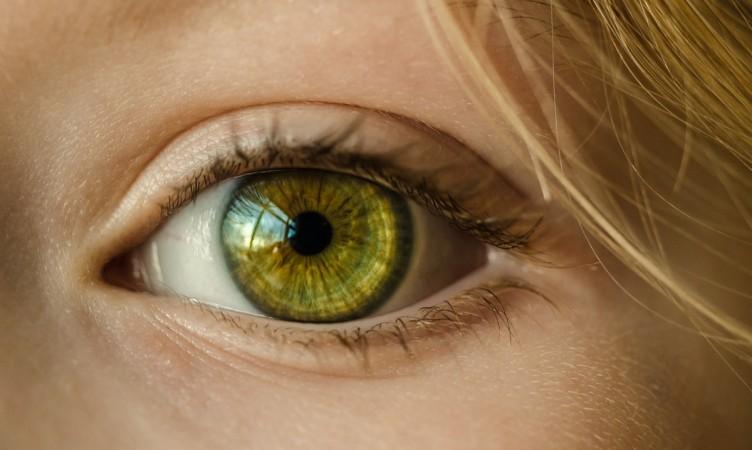
An innovative gene therapy, which has been invented by a French biopharma company, can cure a rare form of blindness.
GenSight Biologics, the French biopharma company behind the treatment, has claimed that the new technique which involves optogenetics (a technique that converts nerve cells into the light-sensitive gene to insert into the eye), will help cure blindness.
And, as per New Scientist, the gene is originally derived from single-celled algae and helps the algae detect light.
Speaking of optogenetics, which combines both optics and genetics, the process is generally used in animals to help the researchers in understanding the brain behaviour. It allows throwing light on certain areas of the brain which help document its behaviour.
Also read: Can intense orgasm turn you blind? Here's all you need to know
The biopharma company has announced that they have been developing innovative gene therapies for retinal neurodegenerative diseases and central nervous system disorders. Upon the acceptance of the Company's Clinical Trial Application (CTA) to initiate human trials, they will start trying the medical procedure on patients with Retinitis Pigmentosa.
According to the press release, GenSight Biologics announced that they are planning to start the treatment on the patients in the first quarter of 2018.
What is Retinitis Pigmentosa?
Retinitis Pigmentosa, also known as RP, refers to a group of inherited diseases causing retinal degeneration — it damages the photoreceptor cells in the eye which convert light into electrical signals, so, the brain interprets it as vision. The patients suffering from RP can completely turn into blind.
According to the French biopharma company, to be eligible for the gene therapy, the candidates have to be partially blind, not completely blind. At least they should have the ability to see five fingers held up from about a foot and a half away.
However, the doctors believe that by this gene therapy, they will be able to restore vision. Although they are unsure about the complete success but are keeping their hopes high.
Dr Anne Negrin, an ophthalmologist in Purchase, New York and also affiliated with Greenwich Hospital told Newsweek, "This therapy is novel in its approach."
"This is the first time we are trying to give vision to people with degenerative eye disease by recruiting ganglion cells to receive light signals to the brain, rather than trying to repair already damaged photoreceptor cells." [Dr Negrin is not involved in the trial or research.]





![Ultrahuman launches Ring PRO, free charging case with more than just power and Jade AI [details]](https://data1.ibtimes.co.in/en/full/829151/ultrahuman-launches-ring-pro-free-charging-case-more-just-power-jade-ai-details.png?w=220&h=138)











